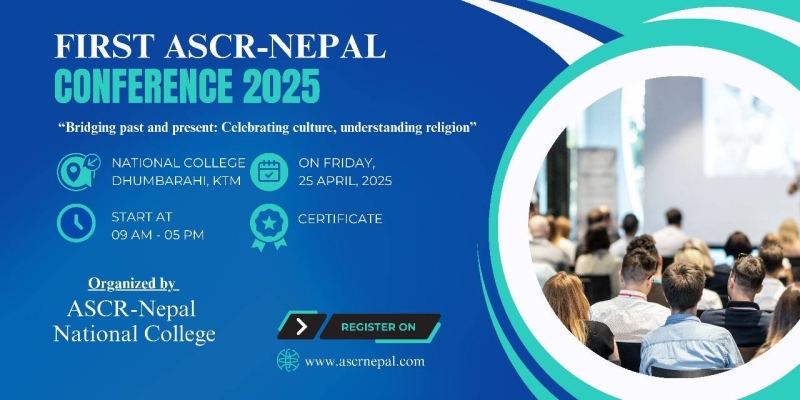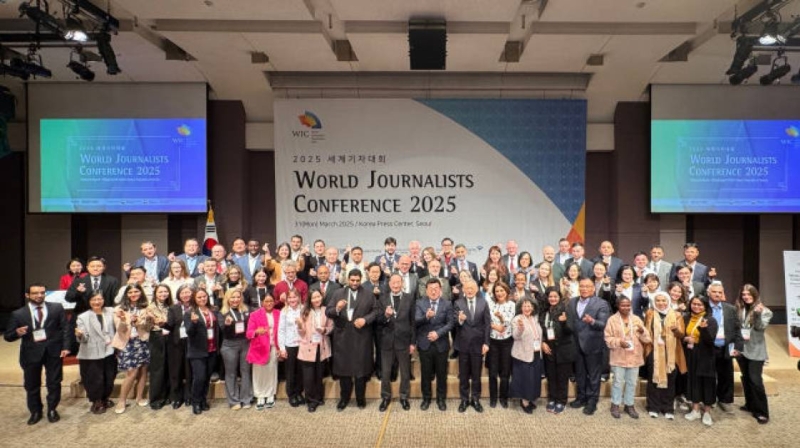Sino-Indian relationship to hold sway over trilateral meet
Sino-Indian relationship to hold sway over trilateral meet
Published: 05:10 am Oct 26, 2009
NEW DELHI: Although no substantive forward movement is expected in the talks between the foreign ministers, Sino-Indian relations will take centre-stage at the ninth RIC (Russia, India, China) trilateral, scheduled tomorrow in the southern Indian city of Bangalore. The RIC forum primarily has an economic focus, with energy security a vital component, but regional political issues like the very volatile situation in Afghanistan and Pakistan and nuclear-related developments in Iran, are likely to feature prominently, sources said. The global financial crisis, from which gradual signs of recovery are visible. United Nations reforms and terrorism are other key areas that Indian External Affairs Minister SM Krishna and his colleagues Yang Jiechi and Sergei Lavrov will focus on. “All three countries have shared concerns about the violence emanating from Afghanistan, but there is divergence between India and China on the Pakistan military’s role,” said Uday Bhaskar, a strategic analyst and former Director of the Institute of Defence Studies and Analyses. According to Bhaskar, “India would like to see what stand China takes on Pakistan.” India hopes to use the RIC talks, the first major diplomatic event in the information technology hub since the second SAARC summit back in 1986, to tone down the recent verbal diplomatic spat between China and India that have coloured bilateral ties between the Asian giants. The meeting between Indian Prime Minister Manmohan Singh and Chinese Premier Wen Jiabao in Thailand over the weekend has helped lower the diplomatic tensions, with the leaders deciding to use established diplomatic mechanisms to resolve bilateral irritants, while stressing on the importance of maintaining peace and harmony until the complex”boundary issue was resolved. Singh told reporters yesterday that differences between India and China would be taken up by their respective foreign ministers during the Bangalore meeting. Singh also told Wen that the Dalai Lama was India’s “honoured guest”. “I explained to Premier Wen that the Dalai Lama is our honoured guest; he is a religious leader; we do not allow the Tibetan refugees to indulge in political activities;” the Prime Minister said, “and that as proof of that last year we took resolute action at the time of Olympics when there were reports that some Tibetan refugees might disrupt the process.” China has strongly opposed the forthcoming visit of the Dalai Lama to the Tawang Monastery in Arunachal Pradesh in November and analysts said the tenor of their recent anti-India rhetoric stemmed from anxiety about the outcome of such a visit. While there have been suggestions that the Dalai Lama might be privately asked to call off his visit, Foreign Secretary Nirupama Rao said the Dalai Lama was free to travel wherever in India he chose,pointing out that Arunachal Pradesh was “an integral part of India.”





